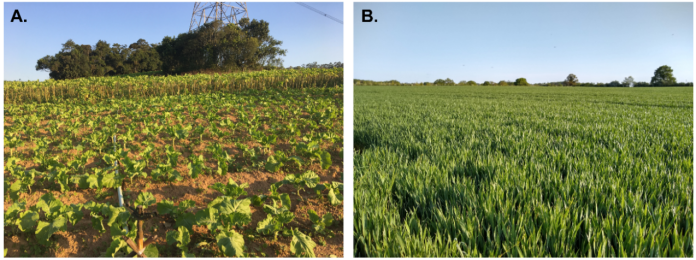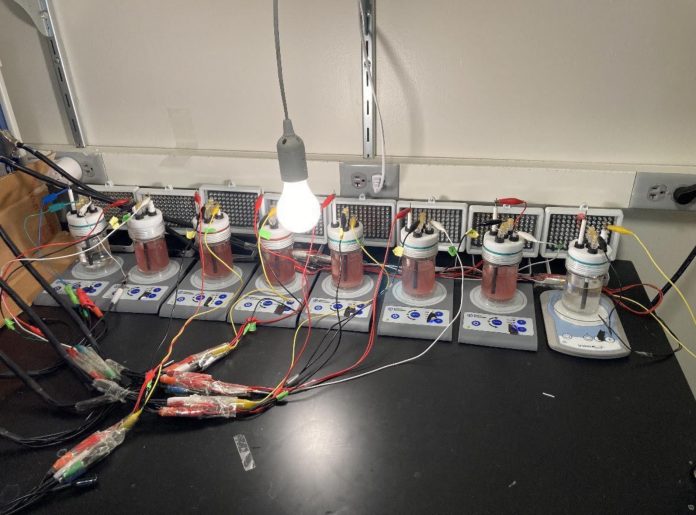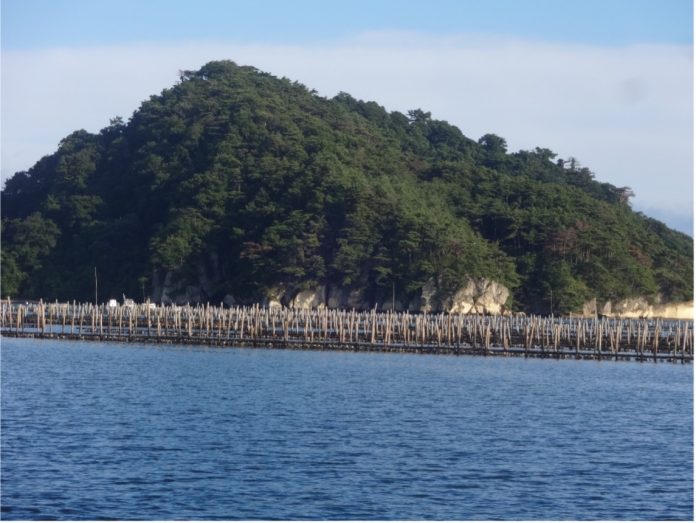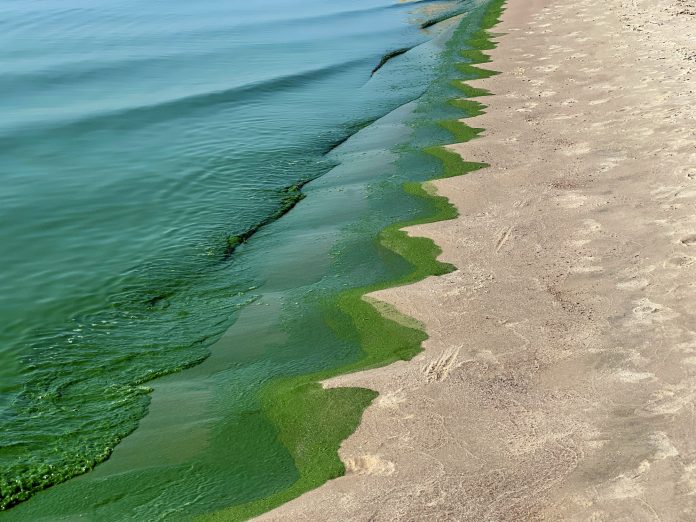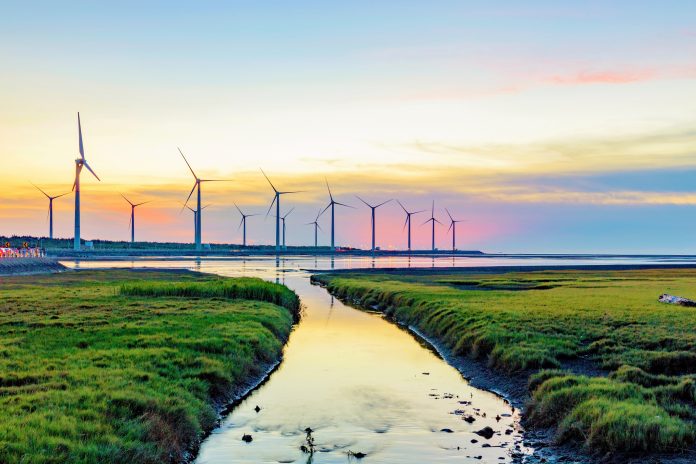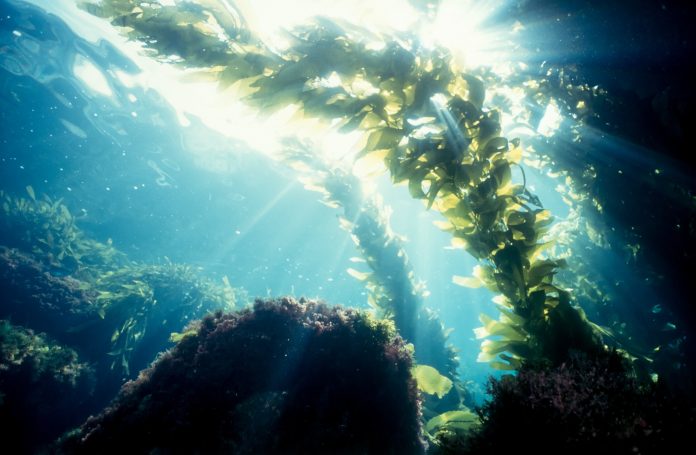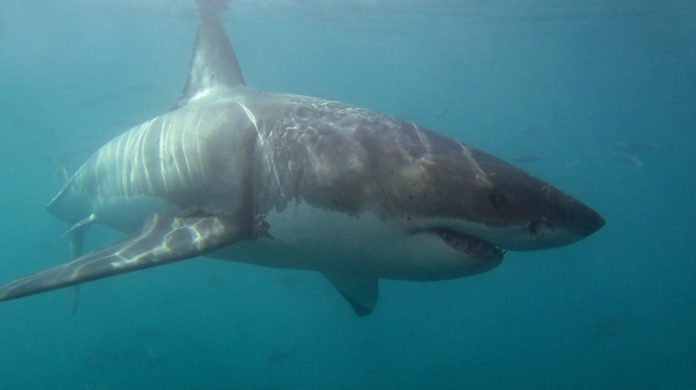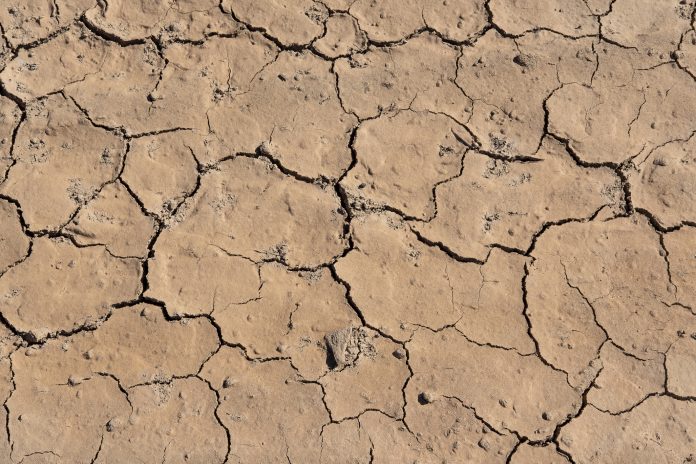Open Access Government produces compelling and informative news, publications, eBooks, and academic research articles for the public and private sector looking at health, diseases & conditions, workplace, research & innovation, digital transformation, government policy, environment, agriculture, energy, transport and more.
Home Search
climate change - search results
If you're not happy with the results, please do another search
Global taskforce launched to strengthen aviation workforce resilience
A UK-led global taskforce has been unveiled at the ICAO Gender Summit to address skills challenges in the aviation sector.
Microalgae as a sustainable source of protein and food ingredients
Microalgae can be an alternative sustainable source of protein and functional food ingredients that have the potential to improve gut and liver health.
Urban living laboratories: Opportunities for modelling sustainability transitions
Here, a group of academics present Urban Living Laboratories to study sustainable food production systems, using systems dynamic modelling to analyse policy alternatives.
Heat pumps in healthcare are the catalysis for a net-zero NHS
Paul Burnett, MD and Co-Founder at Asset+, a Johnson Controls Company, explores how UK healthcare can benefit from the Public Sector Decarbonisation Scheme and the efficiency, sustainability, and financial gains of moving to heat pumps in healthcare.
How to convert CO2 to bioplastics in the age of global warming
Arpita Bose, PhD, Associate Professor, describes how to convert CO2 to bioplastics through new bugs and novel tools with a focus on fighting global warming.
Debunking electric vehicle myths: why EVs are the future of transport
Olivia Serrage, Group Marketing Manager at evec, looks to the future of transport, explaining why sustainability will be better achieved with the adoption of electric vehicles.
A focus on Global Biodiversity Framework Target 7: Approaches to pollution
Dr Christoph Neumann analyses the Global Biodiversity Framework Target 7, and explains the need for a qualified risk-based approach to pollution from the COP15 convention.
Business and human rights in Japan: An overview
Professor Emi Sugawara from Osaka University of Economics and Law, Faculty of International Studies, walks us through the critical development of Japan’s policies concerning business and human rights.
Bamboo circulation in Satoyama and Satoumi: Japan’s hilly and coastal areas
Professor Saijo Kiyoshi at the Miyagi University of Education explains the work behind the bamboo circulation project of 2020, focusing on bamboo growth and utilization in Satoyama and Satoumi.
Space innovation ecosystem to harness the possibilities of space for Rwanda
The Rwanda Space Agency has partnered with The Research Institute for Innovation and Sustainability to transform the space innovation ecosystem.
Capitalising on renewable heating and the power of heat pumps
Martin Fahey, Head of Sustainability for Mitsubishi Electric UK & Ireland, explains how we can efficiently enter the renewable heating market with heat pumps to reduce emissions.
Heat sensor fire drones could be the latest firefighting technology
‘FireDrone’, a possible new firefighting technology, can go into burning buildings, scope out fires, and deliver real-time data on people inside.
Controlling toxic algae: The alarming spread of Ostreopsis in the Atlantic ocean
In a worrying development since 2021, the Atlantic Ocean has been plagued by an increasingly prevalent toxic variant of algae known as ostreopsis.
Net Zero industries and cities are within reach
Technological expertise and solutions for climate target response is already here, but to unlock the hidden potential in industries and cities, we need clear priority setting by politics, orchestrated deployment, and significant public funding (CAPEX and OPEX) backed by an eased regulatory framework.
Stored fuel’s importance for migrating monarch butterflies: Implications for conserving all migrant animals
In his latest research, Keith A. Hobson, Research Scientist and Professor at Western University, explores why stored fuel is critical to migrating animals, such as monarch butterflies.
Diversifying the transition to renewable energy in Taiwan
MMA Global Aqua discuss the transition from the traditional uses of oil and gas to renewable energy in Taiwan, describing the challenges, benefits and skills needed in the transition.
Researchers calculate the entire carbon sequestration of the California current
Researchers aim to quantify carbon sequestration when looking at the California Current ecosystem, analysing the impacts of the biological pump and algal sinking.
Latest study unveils the secrets of the megalodon shark
A new analysis of ancient sea species reveals that the megalodon, the largest marine predator which existed 3.6 million years ago, possessed warm-blooded qualities.
The effect of soil degradation on human, animal and plant health
Dr. Christine Sprunger, soil scientist and ecologist at W.K. Kellogg Biological Station (KBS) and the Department of Plant, Soil, and Microbial Sciences at Michigan State University, discusses the danger of soil degradation on human and animal life, and what we can do to mitigate it.
Unleashing the power of science, research and innovation in Asia
Preethi Kesavan, Head at the School of Advanced Technology and Digital Media, LSBF Singapore, highlights the transformative role of science, research and innovation in Asia.



